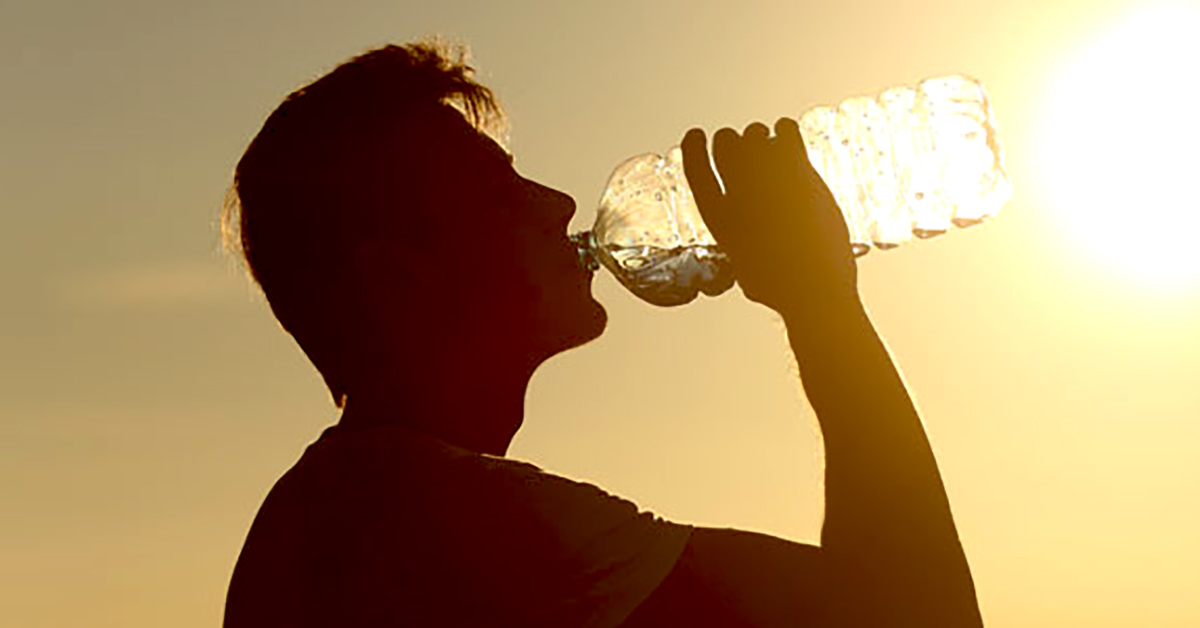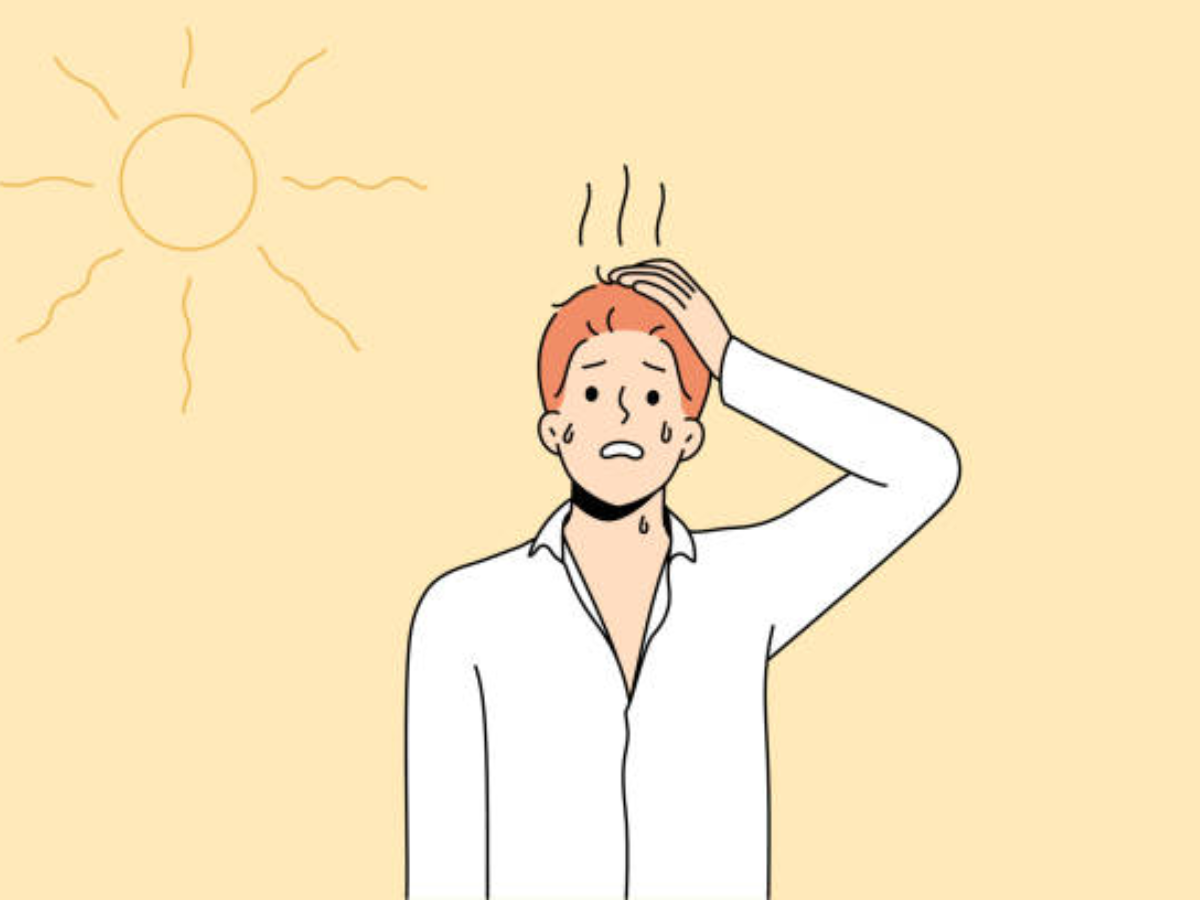BeatTheHeat: Avoiding Heat Waves Your Ultimate Guide To Staying Healthy During Extreme Temperatures
As the mercury rises, the world is bracing itself for another scorching heat wave. From sweltering cities to arid deserts, the impact of extreme temperatures is felt across the globe. While some may view heat waves as a natural phenomenon, it's essential to take proactive measures to protect our health and well-being. In this comprehensive guide, we'll delve into the causes, effects, and prevention strategies for heat waves, providing you with the ultimate toolkit to stay healthy during extreme temperatures.
Heat waves are not a new phenomenon, but their frequency and intensity have been increasing over the past few decades. This trend is largely attributed to climate change, which is altering the global climate pattern and leading to more frequent and prolonged heat waves. According to the World Health Organization (WHO), heat waves are responsible for an estimated 155,000 deaths worldwide each year, with the majority of these deaths occurring in vulnerable populations such as the elderly, young children, and those with pre-existing medical conditions.
While the severity of heat waves can vary greatly depending on the region and time of year, there are several key factors to consider when preparing for and responding to these events. These include:
- Understanding the causes and effects of heat waves
- Identifying vulnerable populations and taking steps to protect them
- Staying informed about weather forecasts and heat wave alerts
- Developing a plan for heat wave response and recovery
Staying Informed and Prepared
Staying informed about heat waves is crucial to protecting your health and well-being. Here are some ways to stay ahead of the game:
- Monitor local weather forecasts and heat wave alerts
- Sign up for emergency alerts from your local government or weather service
- Keep a list of emergency contact numbers, including your doctor and a nearby hospital
- Stay hydrated by drinking plenty of water and avoiding strenuous activities during the hottest part of the day
Essential Safety Tips
When it comes to staying safe during a heat wave, there are several essential tips to keep in mind:
- Stay indoors during the hottest part of the day (usually between 11am and 3pm) to avoid heat exhaustion and heat stroke
- Stay hydrated by drinking plenty of water (at least 8-10 glasses a day) to prevent dehydration
- Avoid strenuous activities (such as exercise or sports) during the hottest part of the day to prevent heat-related illnesses
- Check on vulnerable populations (such as the elderly and young children) regularly to ensure their safety and well-being
Heat Wave Prevention Strategies
While some heat waves are unavoidable, there are several strategies to help prevent their impact:
- Maintaining a healthy weight to reduce your body's heat burden
- Wearing lightweight, loose-fitting clothing to stay cool and prevent heat-related illnesses
- Staying cool with air conditioning or fans to reduce your body temperature
- Avoiding triggers (such as spicy food or caffeine) that can increase your body's heat production
Heat Wave Response Plan
In the event of a heat wave, it's essential to have a plan in place to respond and recover:
- Identify cooling centers (such as public libraries or community centers) where you can go to cool down
- Have a backup plan (such as a portable air conditioner or fan) in case you lose power or air conditioning
- Stay informed about heat wave updates and alerts from your local government or weather service
- Check on vulnerable populations (such as the elderly and young children) regularly to ensure their safety and well-being
Heat Wave Recovery
After a heat wave has passed, it's essential to take steps to recover and rebuild:
- Stay hydrated by drinking plenty of water to prevent dehydration
- Avoid strenuous activities (such as exercise or sports) for at least 24 hours to prevent heat-related illnesses
- Check on vulnerable populations (such as the elderly and young children) regularly to ensure their safety and well-being
- Take steps to prevent future heat waves (such as using energy-efficient appliances or installing a programmable thermostat)
By following these tips and taking proactive measures to prepare for and respond to heat waves, you can stay healthy and safe during extreme temperatures. Remember to stay informed, stay prepared, and take steps to prevent and recover from heat waves.
Tara Reid Husband
Katy Lane Newcombe
Benicioel Toro
Article Recommendations
- Chaun Woo Parents Nationality
- Did Karla Homolka Parents Forgive Her
- Local Google Ranking Check
- Zoechip
- Neil Flynn Wife
- Marie Temara Fans
- Sophie Rain Fans
- Brittany Force Relationship
- Ok
- Hisashi Ouchi Pictures



